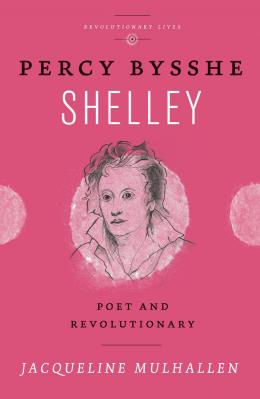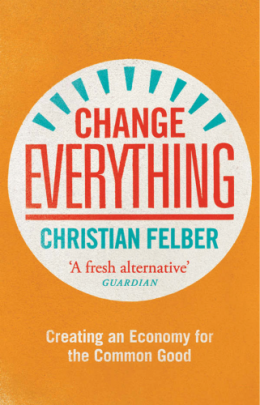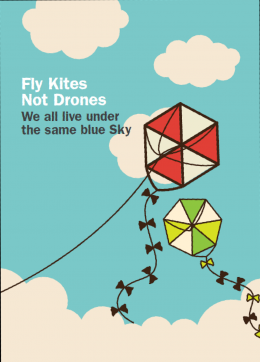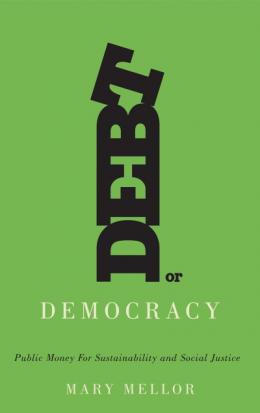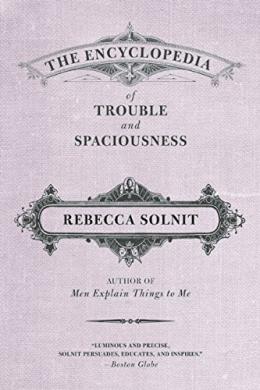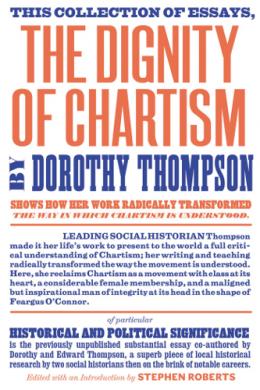Despite its title this is not a book about whales, or even a book about whale research itself. Rather it focuses on the politics of the international whale research effort and on the gradual dawning of awareness regarding whales and dolphins (collectively known as cetaceans) in a human population, most of whom had never seen any of the great sea mammals.
Burnett traces whale research from the earliest days of the twentieth century, when a British researcher, Sydney Harmer, tried to use the limited scientific data of his day to…
Reviews
After 60 years of making music, radical English singer-songwriter Leon Rosselson turns his attention to the post-financial-crash political landscape in this new album, made up of original compositions and rescued old songs.
On the title track, 'Karl Marx is scratching his head/they ought to be shooting the bankers/But they’re giving them money instead'. 'Looters' finds Rosselson comparing the rioters of August 2011 with the industrial-scale, officially-sanctioned looting carried out by 'the Brutish Empire', while 'Sixty Quid A Week'…
Every now and then, I come across a new author whose writing blows me away. Yusuf Toropov’s debut novel , Jihadi: A Love Story is one such book.
The novel is presented as the memoirs of a former CIA agent (Liddell), annotated by the psychiatrist who interrogated him. With both writers interpreting events according to their own world view, what unfolds is a narrative where the reader is uncertain of the reliability of either version of events. This is a brilliant way to write about the war on terror, as it allows for…
This is one of those rare books that transforms the way you think about a well-worn topic. Written mainly for those with an interest in process and the ways in which organisations function, it presents readers with a new organisational model with the potential to completely alter the way we structure our groups, businesses, schools, hospitals and indeed any organisation of any kind.
Author Frederic Laloux conducted research with people working in organisations across a wide range of sectors, all of which have forgone traditional…
In a time of ‘metastasisizing security’ – as Fiona Jeffries describes our current situation of ever-tighter state control – it is important to examine the role of fear in contemporary politics. In conversation with writers, activists and artists, Jeffries investigates examples from history and the recent past in which powerful groups have cultivated fear. And she also looks at the many creative ways in which people and movements have responded.
The result is a good introduction to a bottom-up history of the struggles of the poor…
In this passionate and readable book academic and commentator Roslyn Fuller takes apart the belief that, to quote Paul Weller, ‘the public gets what the public wants’.
According to Fuller, in Western democracies the popular will is stifled and twisted by a plethora of pressures. Top of her list is the nefarious influence of corporate financing, with money the deciding factor in around 80 percent of various elections, according to studies she cites. The serious problems with the UK’s creaking ‘first past the post’ voting system…
Many Western activists would agree that it has never been easier to raise public awareness about human rights abuses and conflicts around the world. With the rise of social media, celebrity advocacy and marketing campaigns, it is now possible to reach millions of people with a single mouse click, compelling individuals and policy makers to act quickly and decisively. But does a wider audience always equal success and if so, what is its price?
By exploring a broad range of international campaigns, this collection of essays…
Percy Bysshe Shelley was born into an aristocratic family in 1792, the year that Mary Wollstonecraft wrote A Vindication of the Rights of Women, and he died just short of his thirtieth birthday. He did not achieve great fame or fortune during his whirlwind of a life – the publisher John Murray described him as ‘the vilest wretch in existence’ – but his poems and pamphlets were circulated amongst radicals at the time and his work is now embedded in our literary establishment.
The period 1792–1822 was a politically…
The extraordinary life of Rosa Luxemburg – Marxist economist, cat-lover and legendary figure of the revolutionary left – is given a memorable graphic novel treatment in Kate Evans’ latest book.
A ‘fictional representation of factual events’, it takes us from her childhood in Poland (tasked by her school with writing a poem for the visit of the German kaiser, she produced one attacking ‘that creeping toad Bismarck’), through her pre-First World War revolutionary agitation in Poland and Germany (which led to her imprisonment in the…
The most valuable contribution of this book is to remind us of the political significance of remembering and archiving. Although an academic contribution to memory studies, for nonviolent activists its strength is in its detail and convincing examples of how preserving information, stories and culture contributes to movements because of the way in which archives ‘shape collective memory of the past’.
The chapter on the Indian state vs the popular memory of Gandhi’s Salt March in 1930 is interesting in itself, but also because of…
As Karl Polanyi described in his book The Great Transformation, the last few hundred years have seen a constant and conscious drive to create a completely marketised economy, based on 'economic man': citizens whose motivations are completely those of self-interest, expressed entirely through the monetised economy.
While market enthusiasts believe (and enthuse) that markets and economic ‘man’ are based on natural laws, it is obvious that reality doesn't conform to their ideology and that the market-dominated society…
This educational resource for teachers, and others working with young people, was inspired by the Afghan Peace Volunteers’ ‘‘Fly Kites Not Drones’’ campaign. The latter, which encourages peace groups all over the world to fly kites at Nowruz, the Afghan New Year, in solidarity with the people of Afghanistan whose lives have been blighted by 30 years of war.
Kite-flying, we learn, is a favourite pastime among young Afghans. Unfortunately the best conditions for flying kites, a clear sky and light wind, are also the best for flying…
This book makes an original and thought-provoking contribution to a rapidly growing list of publications taking on the orthodoxies of mainstream economics. At its heart is the critical question: who controls money?
Since money doesn’t enter the economy naturally, the means by which it is created are contingent on political choices. To expose the ideology behind our financial system, Mellor meticulously debunks four myths about modern finance.
The first is the assumption that national governments cannot, or should not,…
There are some non-fiction writers who are always interesting and informative to read, whatever the topic, but the US writer and journalist Rebecca Solnit is this and something else.
A wonderfully lyrical writer, she is probably best known among activists as the author of the 2004 book Hope in the Dark, her brilliant meditation on why it’s ‘always too soon to go home... always too soon to calculate effect’. And, alongside activism and geography, hope is also a key theme of this book (which, despite its title, is…
Dorothy Thompson, who died in 2011, was a leading historian of the Chartist movement - the popular working-class movement, active from the 1830s to the late 1850s, which agitated for universal male suffrage and parliamentary reforms such as a secret ballot, payment for MPs and equal-sized constituencies. In addition, both she and her husband, the labour historian EP Thompson, were leading members of the Communist Party until 1956, when they left in protest at the Soviet Union’s invasion of Hungary. The Dignity of Chartism collects…









